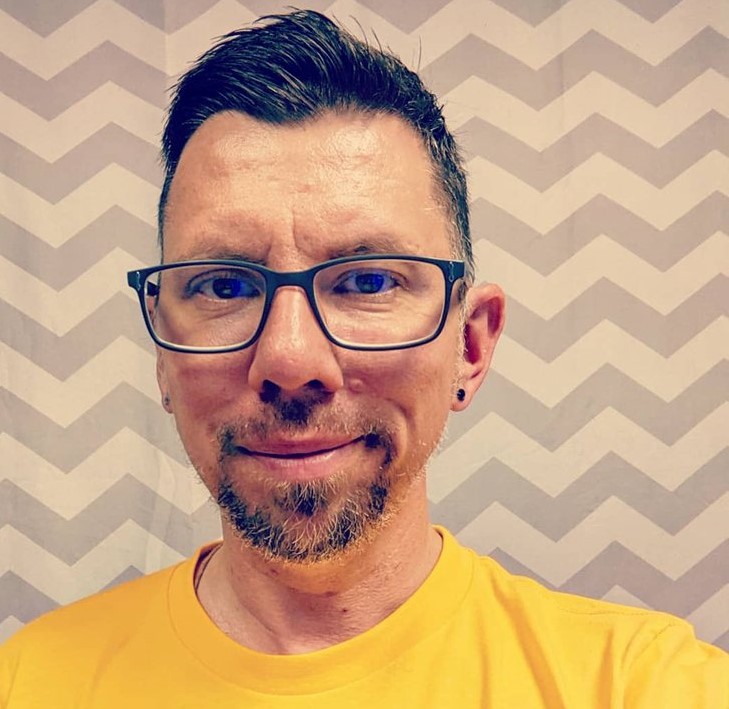
Have you ever wondered about the power of a single word? How does that word shape our collective journey towards recovery and wellness? This reflection takes us deep into the world of stigma within the realm of mental health and substance use, uncovering how it acts as both a barrier and a catalyst for change. Let’s embark on a journey of understanding, exploring how the words we use can either perpetuate stigma or dismantle it, paving the way for a more compassionate and inclusive society.
Stigma is a word that carries weight. It has the power to deny people access to vital care and resources, while also fueling the rejection of essential programs like recovery housing and centers. This “not in our backyard” mentality only deepens the wounds of discrimination. But what if we could change this narrative? What if, by reframing our language, we could eliminate stigma and its harmful effects?
Language holds immense power. Reducing an individual to their struggles is not only damaging, but dehumanizing. It erases their identity, dismissing their entire existence except for their diagnosis. This kind of language perpetuates harm.
I vividly recall a conversation with Eric Kussin from Same Here Global, sparked by a Facebook live session with Kevin Hines during the early days of the pandemic. Eric’s message was clear: let’s stop perpetuating the word stigma. He explained that by focusing on the word, we inadvertently keep the problem alive, diverting our attention from real solutions. He suggested a shift in perspective – rather than saying 1 in 4 people experience mental health challenges, let’s acknowledge that everyone does. This concept is the heart of the Same Here movement, symbolized by the ASL sign for connection. This innovative approach has resonated with many, including myself, as I seek to integrate it into my work in the Recovery Support Services field.
The weight of stigma became all too evident during my time as a Program Director at Harmony Café, a program formerly under Goodwill NCW. Amid the numerous community initiatives, the LGBQQIA+ youth and adult support groups stood out. Guiding the youth program, known as The Partnership, for 8 years opened my eyes to the impact of language on young minds. One of the terms I heard frequently throughout my career was “bullying” I heard that word so many times from young people, teachers, providers, etc. that I felt like I became desensitized to it. I had to pause and unpack what it really meant. The bullying they were talking about was physical assault, mental and emotional abuse and active efforts to oppress and marginalize groups of people. I started saying this instead of “bullying” and saw a drastically different reaction to what was happening in schools and businesses.
Reflecting on these experiences, it’s disheartening to realize that we currently face around 500 discriminatory anti-LGBTQQIA+ bills in the United States. These bills perpetuate the objectification of entire communities for political gain.
Within the recovery and wellness spaces, the term “stigma” can sometimes be like bullying. It’s thrown around in meetings, campaigns, and blogs, often accompanied by data and well-intentioned ideas. But let’s call stigma by its true name: discrimination and prejudice based on an individual’s diagnosis or life situation related to mental health or substance use. Stigma, like bullying, is external to the person subjected to it. Acknowledging our role in perpetuating stigma is the first step towards collective healing. This accountability challenges us to reevaluate existing care systems, admitting that we may have caused harm and committing to a restorative approach that fosters genuine change.
Peers and Recovery Coaches play a transformative role in this journey. Since the inception of the modern peer support movement in the 1970s, these individuals have emerged as powerful agents of change. They not only provide crucial support, but also advocate for equitable policies and challenge harmful practices. Studies have shown that peer-led interventions can effectively reduce stigma (Sun et al. (2022), normalizing mental health and substance use challenges and providing essential support. In the face of nearly insurmountable obstacles, Peers and Coaches pave the way for a more inclusive and compassionate approach to mental health and substance use (Shalaby and Agyapong (2020).
As we strive for a more just and equitable society, we must dismantle the policies, laws, and practices that uphold discrimination. The Flourish Agendas Healing Center framework offers a promising path forward. This approach emphasizes healing at all levels – individual, family, and community. By shifting our focus from deficits to strengths and resilience, we can uncover solutions that uplift rather than oppress. This process mirrors our personal journey towards recovery and wellness, highlighting the power of focusing on positive outcomes rather than the burdens of stigma.
In conclusion, let’s reconsider the spotlight we’ve cast on “stigma.” By shifting our focus to the inherent strength and resilience of all individuals, regardless of their recovery path, we can create an environment where true healing can flourish. Let us commit to unconditionally supporting individuals and communities, breaking free from the chains of stigma and embracing a future marked by empathy, understanding, and genuine transformation.
Portions of this article were written with the assistance of Google Bard AI Tool
No content was generated by the AI Tool, it was only used to simplify my original, overly complex and extra long first draft.
Sun J, Yin X, Li C, Liu W, Sun H. Stigma and Peer-Led Interventions: A Systematic Review and Meta-Analysis. Front Psychiatry. 2022 Jul 5;13:915617. doi: 10.3389/fpsyt.2022.915617. PMID: 35865307; PMCID: PMC9294224.
Shalaby RAH, Agyapong VIO. Peer Support in Mental Health: Literature Review. JMIR Ment Health. 2020 Jun 9;7(6):e15572. doi: 10.2196/15572. PMID: 32357127; PMCID: PMC7312261.
Anvari, M. S., Kleinman, M. B., Massey, E. C., Bradley, V. D., Felton, J. W., Belcher, A. M., & Magidson, J. F. (2022). “In their mind, they always felt less than”: The role of peers in shifting stigma as a barrier to opioid use disorder treatment retention. Journal of Substance Abuse Treatment, 138. doi: 10.1016/j.jsat.2022.108721
https://www.thenationalcouncil.org/news/lack-of-access-root-cause-mental-health-crisis-in-america/


Jesse Heffernan is a dynamic leader in the field of substance use and mental health recovery support services with significant expertise in organizational development, servant leadership, and recovery community engagement. He is the Founder and Lead Facilitator of Helios Recovery Services, a training, consulting, and change implementation company that specializes in igniting and supporting leaders to create healthy, responsible, thriving individuals and communities that launched in May of 2015. Jesse's belief is that Recovery is the process of returning to inherent worth and dignity. He lives in Wisconsin with his wife and 4 children, enjoying all things in geek culture, basketball, and coffee.